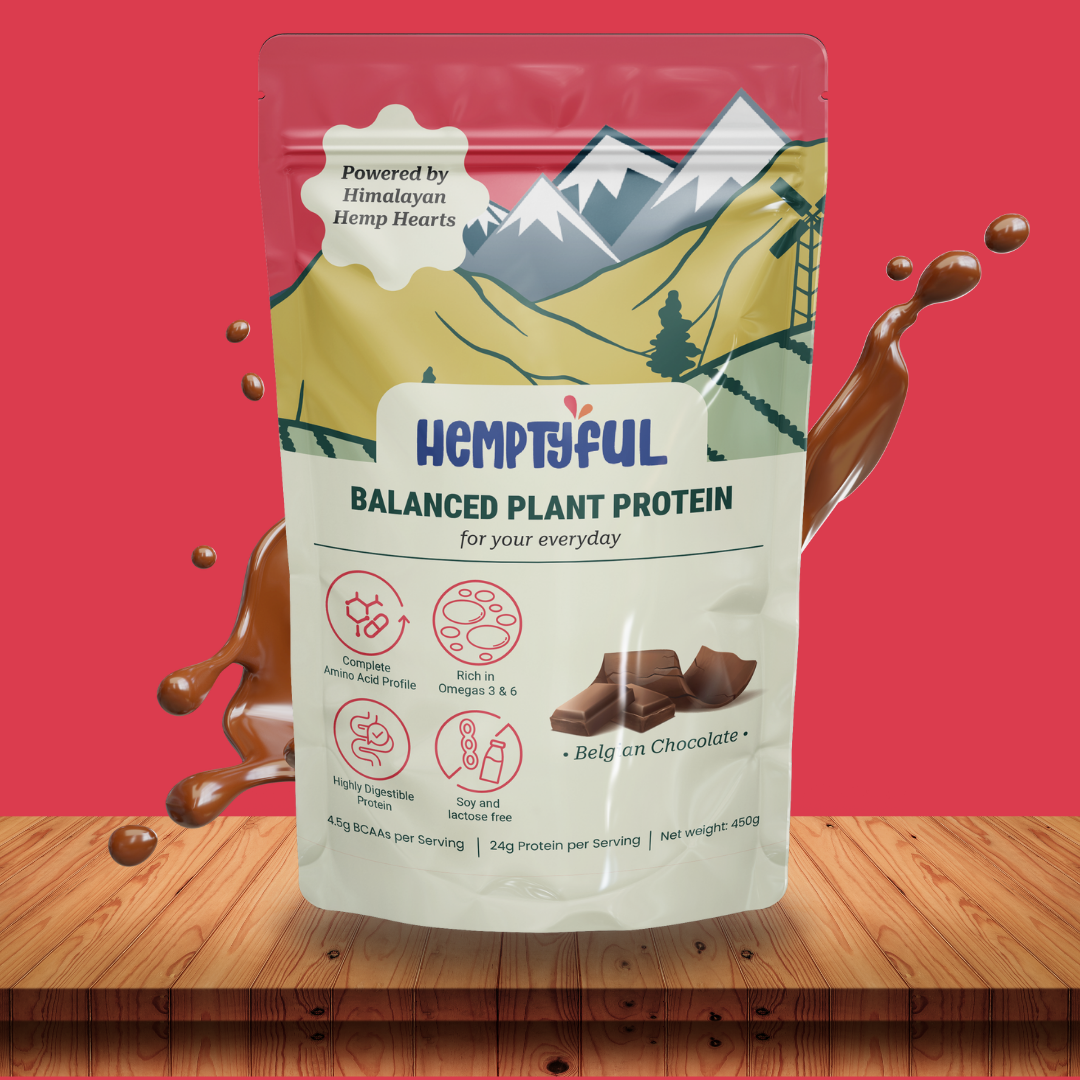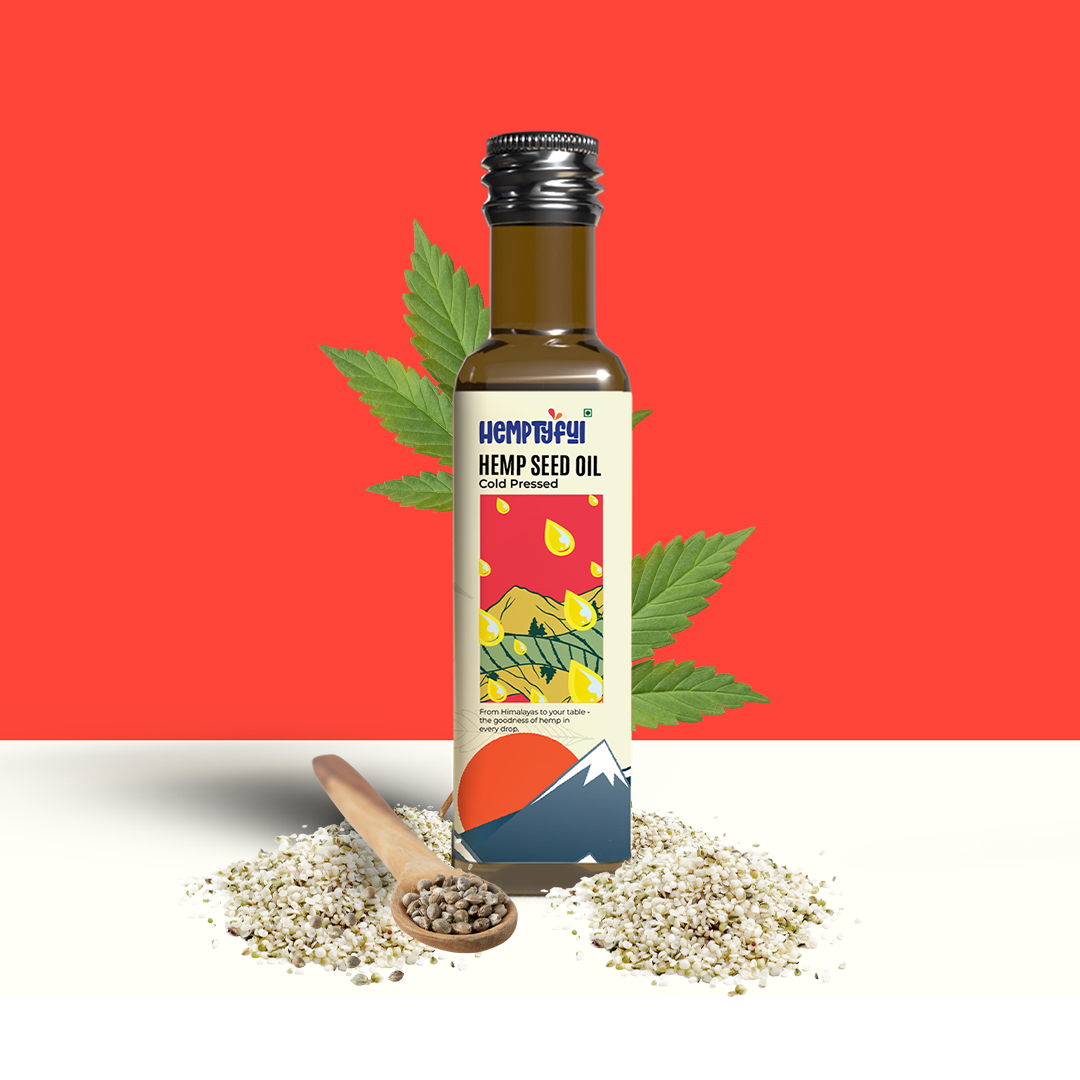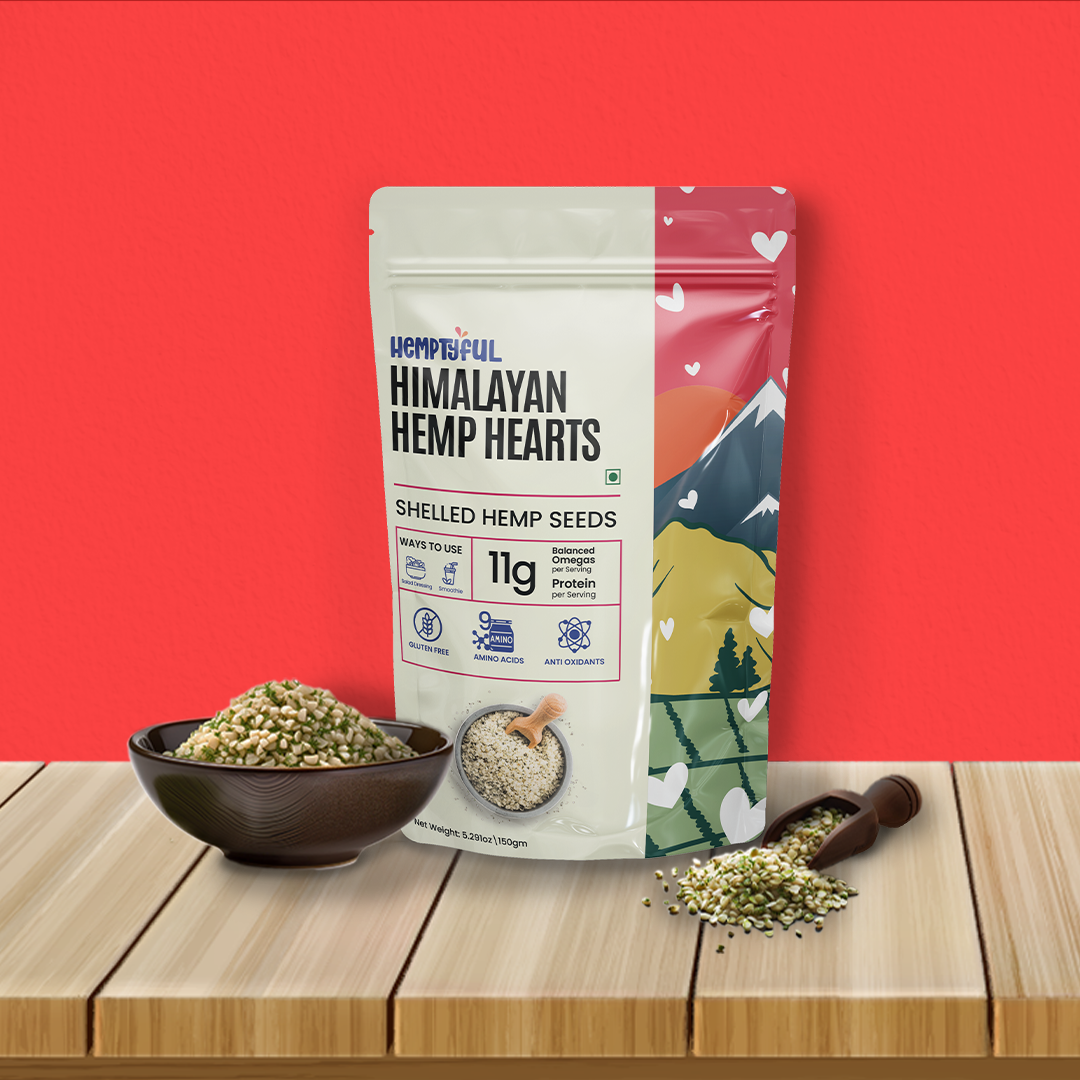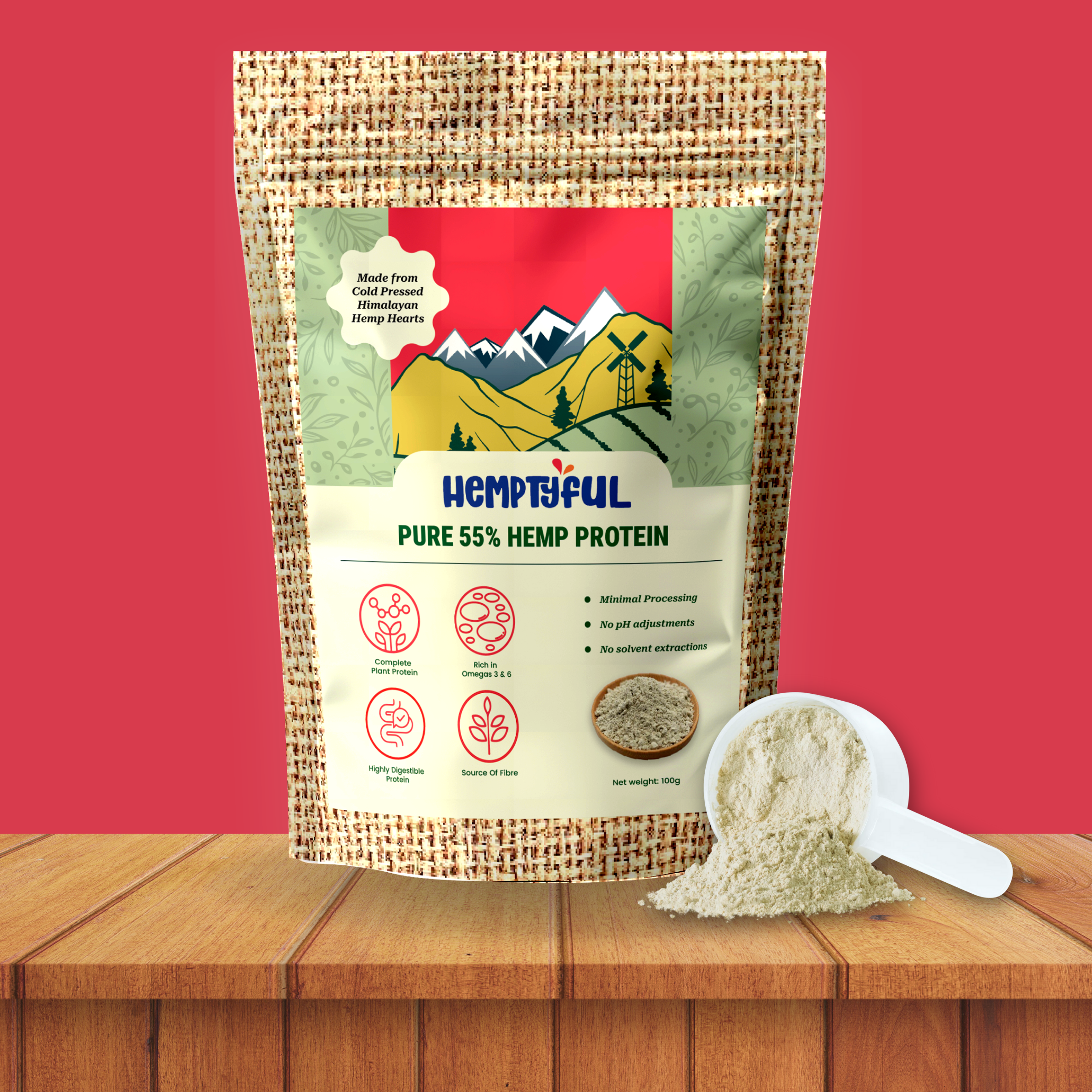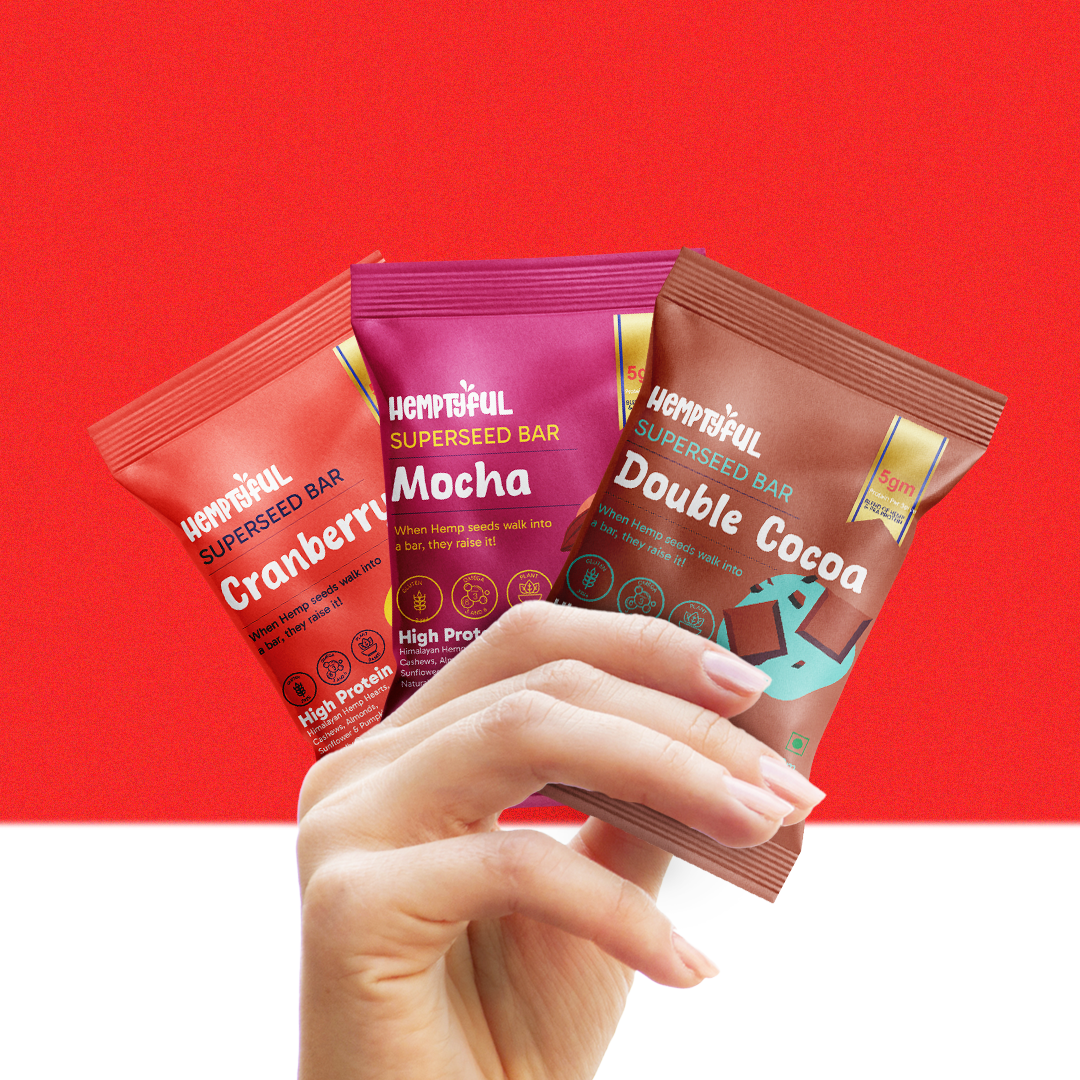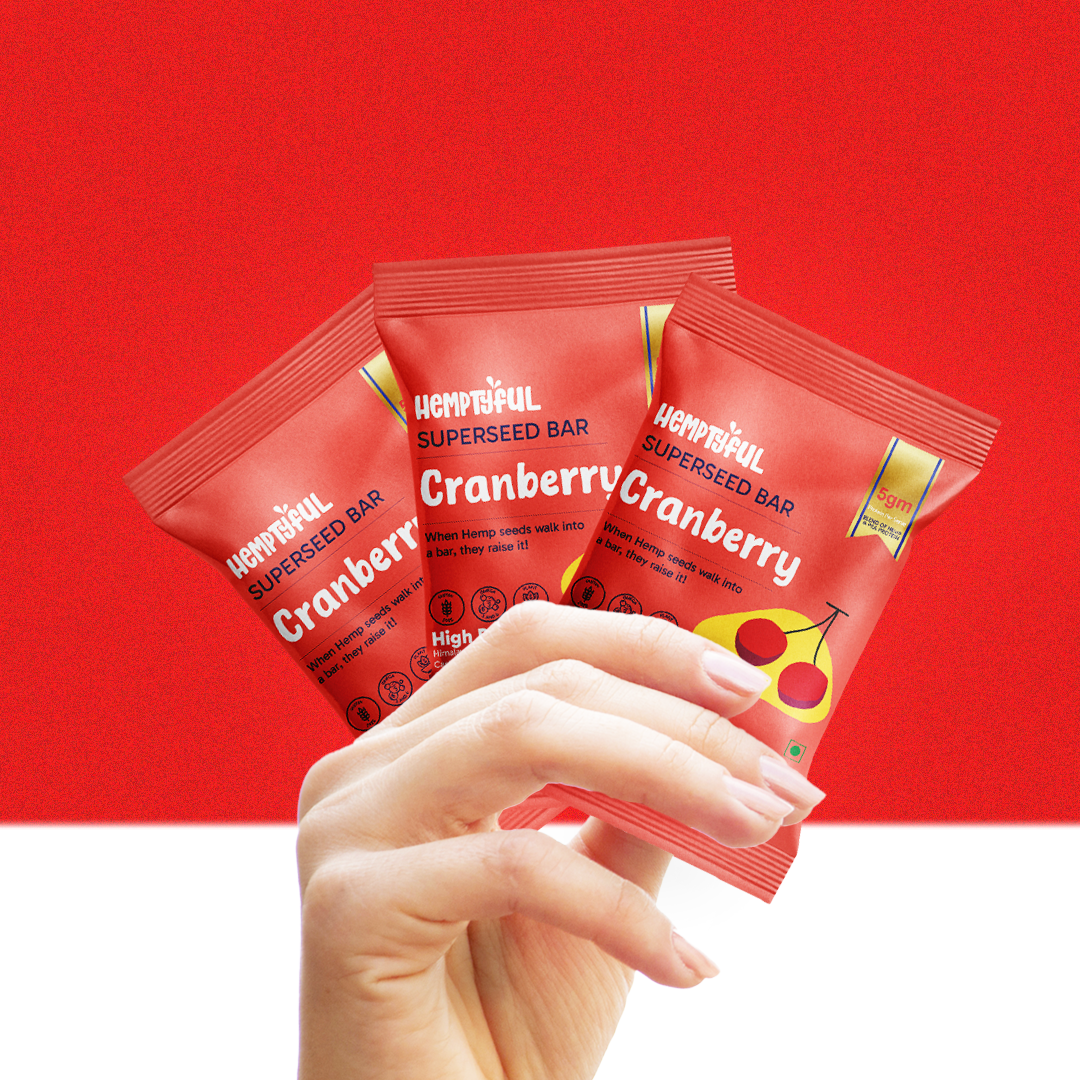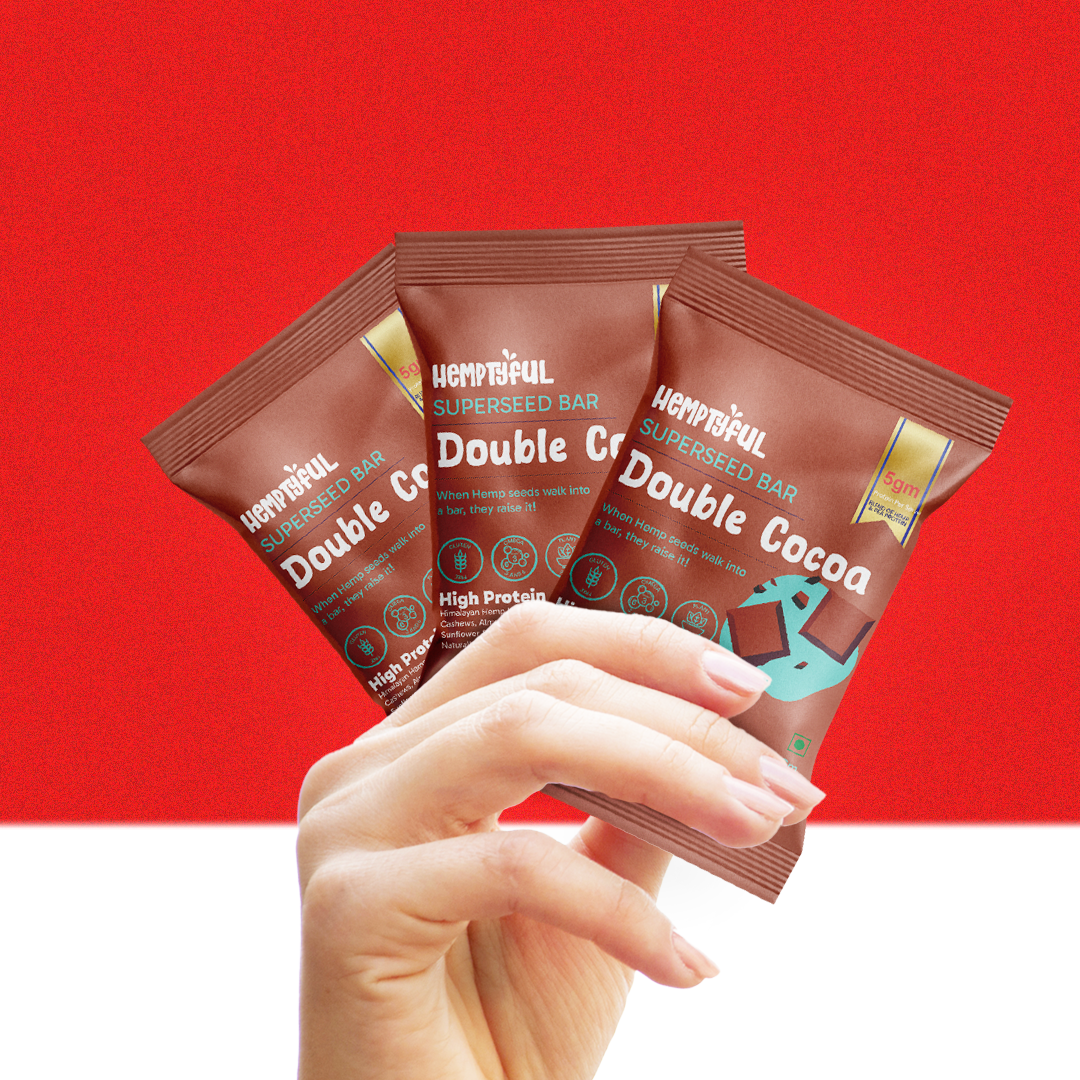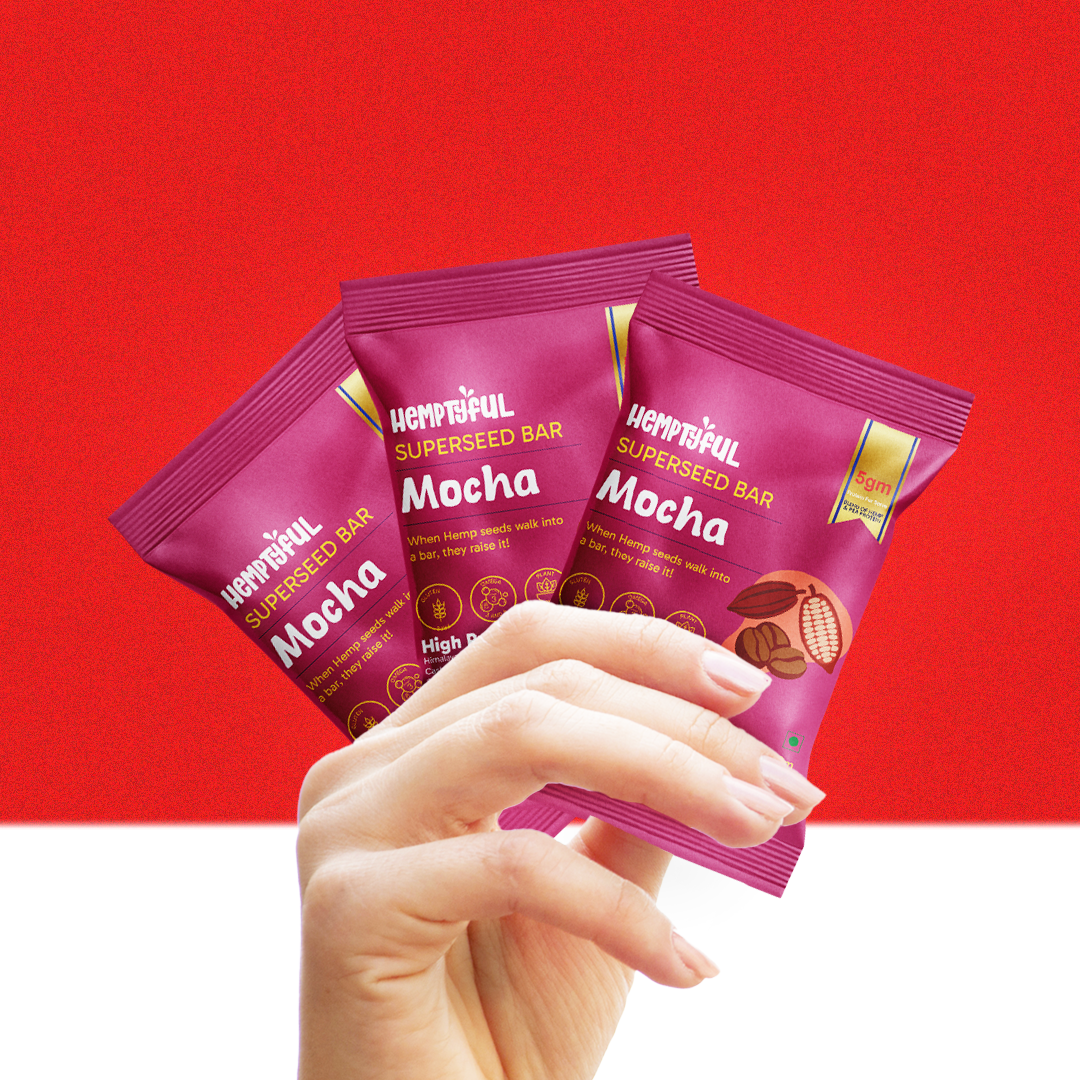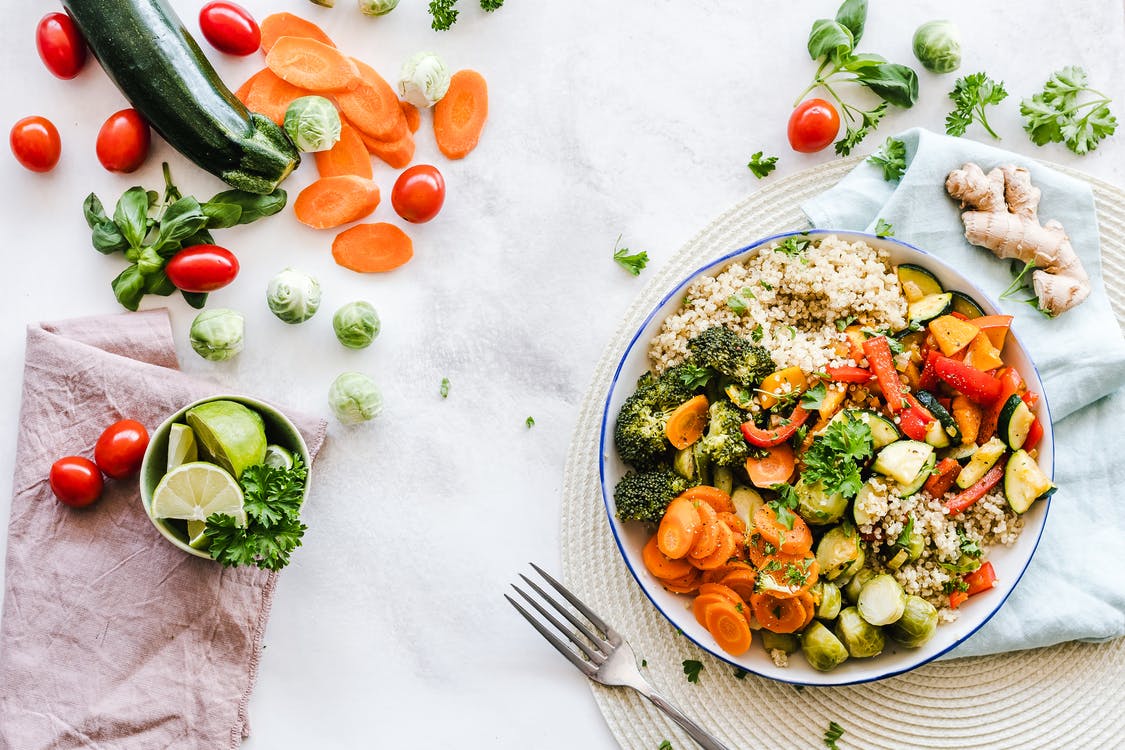How do vegetarians or vegans get their proteins? All we need to do to gain muscle is to eat meat, right? Do you need a lamb chop to feel like a lion, the same lion that stays clear from a plant eating elephant? Quitting meat and dairy will make you protein deficient! No, no, plant protein is the way to go, it’s healthier! Is it? But then do you need to eat lots and lots for the same content? Then why have we been domesticating animals and hogging meat and dairy for centuries? Haven’t we naturally evolved to consume protein from animals (given our enormous fangs? Nope sorry our tiny canines)?
For this article, let us park the moral aspects of the plant vs animal based diets debate and try to examine this from a nutritional and environmental perspective, and be in a better position to answer the questions above, and finally be aware of the consequences of our choices.
The Evolution of Human Diets
Have Humans always had meat? – Yes, to a large extent, infact, Meat & Dairy have made us humans. Animals whose products we consume, act as mini factories to provide us with densely packed calories + proteins + vitamins. They are able to convert cellulose (the most abundant organic polymer on Earth) into energy, unlike the human digestive system. A significant portion of nutrition was animal dependent and thus on the capability to hunt. Scientists argue that the human guts shrunk over time. Longer guts were able to process a diet primarily consisting of foraged fruits and veggies. This meant lesser energy was spent in digestion for the same quantity of nutrients and the excess energy was freed up for the brain which kept on evolving. Hunting, and a nomadic lifestyle though was still energy consuming. With the advent of agriculture, men became settlers and domesticated their animals and eventually mastered the art of cooking. The transition into such nutrient dense diets only gave further impetus for the development of the muscle that makes us think. The cravings that we have for meat may be stemming from how we have been wired to seek energy dense sources of protein.
The Environmental Angle to the Plant vs Animal Based Diets Debate
There is sufficient evidence that humans evolved to consume meat and dairy. So, what has suddenly changed? Why is it being termed unhealthy today? Do we still need to be dependent on animal based products? Have our needs changed compared to our primitive counterparts? And how is sustainability related to what we choose to eat?
Meat and dairy stayed an integral part of the diets even after agriculture, as cattle-feed supply was more predictable and had fewer risks. (Cellulose is available everywhere! In grass, other parts of plants, agricultural waste etc.) Cattle feed supply was less vulnerable to weather as compared to traditional crops directly consumed by humans. Over the last few decades, there has been an explosion in meat and dairy consumption. Consumers have somehow been convinced into having more and more animal based products for improved health and strength. Such an upstage in demand has led to consolidations across the industry; in production, supply chains, packaging, etc. Availability and affordability soared up especially to the middle and high income groups. Surge in human population, excessive animal breeding, using technology to alter animal feeds for increased outputs have flooded markets with animal products everywhere.
Okay, so far so good right? We have an industry that gives us energy, protein and vitamin packed foods that are able to feed a majority of the population right? For obtaining the same level of nutrition, the same population would have had to consume a variety of fruits, vegetables, pulses and cereals and also in larger quantities as animal-based foods are slightly more bioavailable (their nutrients get easily absorbed into our systems). Such a dependency on plant based foods seems painstaking, given the nature of the supply being more vulnerable / susceptible to weather patterns. For plant-based foods to be produced ,packed and shipped to remote places where farming is not possible, is also a costly affair. On top of all the above, cattle convert grass into protein, which us humans are unable to directly use . It seems like the case for animal-based foods is even stronger now, since the industry is so energy efficient. Well, not quite, let’s have a peek into our high school science books.
The Laws of Nature
The Energy Pyramid; We can easily recollect that roughly only 10% of the energy is transferred to the next living being higher up the food chain. The rest of the energy is used up by the plant / animal that is being consumed, for itself – to live, breathe, organize the atoms and molecules to make them into food for the next in the chain. A world with more vultures and fewer plants cannot exist. Now, when the human numbers are ever increasing, and among these numbers, the per capita meat and dairy consumption is also ever increasing, it effectively puts an enormous strain on the planet to make more plants available. This additional pressure to grow plants for everyone’s survival is much more than if we were to directly derive our nutrition from plants. But when this land is not available, we now clear up the largest CO2 sinks of the planet – the forests – in order to create grazing pastures / cultivate animal feed to sustain the animal industry. Hence, when we say it looks like the animal industry is so energy efficient, what we are completely ignoring is the cost incurred by our very own environment. Mathematically, it only includes the cost of axing down trees, but at the current rate of deforestation, humans will not survive along with a host of other species, however life will go on on this planet.
Being dependent on animal products in the current times, may only be sensible where we cannot grow food for direct consumption in an economical or sustainable manner, but where grass or food that animals can naturally consume is available. This argument only applies to cattle as they convert the cellulose into proteins, fats and vitamins. In the case of poultry we almost feed them what we can anyways directly consume.
A peak into the Meat & Dairy Industry
The animals in the industry today are force fed with energy rich diets filled with grains / pulses etc. Instead of grass which they evolved for. Such unnatural diets, although more resource efficient (lesser land usage), although makes them gain weight (most of which is fat) more quickly for sale, it can potentially harm the people who consume it. And why grow soy, jowar, corn etc. For them when we can grow them for our direct consumption with the use of new age technology that can deliver higher productivity? On the other hand, if there are claims on animal-based products where the animals are organic fed, or cage free or pasture fed animals, we are ending up using even more land as compared to the more cruel production processes, where animals are cramped for space, fed high calories meals to be eventually milked or slaughtered. So we lose out either way.
As touched upon earlier, meat production resembles a factory today, as opposed to open field cattle animal husbandry. Meat and dairy were a saviour for our ancestors, being nutrient dense and low maintenance as the animals were able to feed themselves in all seasons. Now, we have developed breeds that are fed food to make them fat and appear juicy quickly, and that can produce more eggs and milk. Cattle are artificially inseminated so that they are constantly under lactation throughout their lives and male counterparts are either left alone to die or sold off as meat. While such optimization and use of technologies have helped the industry become more efficient and utilise less land and resources, do we still need to depend on meat for our survival?
The Nutritional Angle to the Plant vs Animal Based Diets Debate
Animals from which we obtain red meat also go by the principle of you are what you eat. While grain fed animals give us more volumes, and are tastier, they contain more saturated fats and lesser omega –3s. Pasture fed meats are proven to be healthier as they have a higher % of omega-3s. But then again, if the whole world started depending on natural or pasture fed animals, we would run out of land and water and other resources in no time. Yes we are squeezed from both ends.
Processed meat has been proven to be detrimental to health due to higher fats, salts and preservatives and has been linked to cancer. Our sedentary lifestyles also no longer require large volumes of nutrient dense foods. Similar to sugar, man often develops a craving for such foods and is susceptible to over indulgence, leading to a hugely imbalanced diet stripped off of dietary fibre that is a crucial element. 65% of the world is also lactose intolerant. A diet that is dominated by animal products can often lead to obesity, which ironically is also a diet that may cause starvation due to unavailability of cultivable land in the near future.
Are plants the solution?
Fortunately, plants, combined with technological advances, have a solution for all the problems caused by the meat and dairy industry today.
One can find almost all vitamins, minerals, proteins, carbs and fats in plants, with the added benefits of dietary fibre. Adopting a predominantly plant based diet has been linked with a host of benefits. However, it is essential that we consume a variety of plant based sources and not stick to only a few. Vitamin B-12 and D fortified foods are a must to obtain a complete nutritional profile. Consuming whole foods from a larger variety of plant sources and having a balanced diet also enables our guts to better absorb nutrition from plants. With agritech and improved food supply chains, yields for cereals, pulses are increasing. Superfoods like hemp, chia flax are being discovered and being made more accessible to the common man. A host of plant based milks (cashew, oats , almond, hemp) are being launched into the market that have a significantly lower environmental footprint as compared to dairy. Meta analysis reveals that a similar level of nutrition can be achieved solely from plant based foods with added benefits of low saturated fats and high fibre. In fact Plant based athletes have started dominating sports.
Meat and dairy indeed may have med us humans, but now it will be the plants that will help us survive.
In this article, the morality perspective in the plant vs animal based diets, has been left out. But it is important to educate ourselves regarding the current industry practices. And will be covered in another section. Our over indulgence in marine life has also had an effect on the environment and balance of nature. This topic again will be covered separately.
What do we choose then?
What should we expect of ourselves now? It is 100% still completely our choice on what we choose to eat. But I hope this read will have either made a few choices easier, or made us aware of the consequences of our choices.
The End

